Infectious disease modeling pioneer helped outline modern precepts for design and analysis of vaccine trials, causal inference with interference; shaped a generation of infectious disease scientists. M. Elizabeth Halloran was a professor with the University of Washington Department of Biostatistics and founder of the Summer Institute in Statistics and Modeling for Infectious Diseases (SISMID).
In the News




In this podcast episode Kathleen Kerr, a Professor of Biostatistics at the University of Washington, discusses overdiagnosis and medical decision making. Kerr delves into how patients perceive mammogram results, the difference between overdiagnosis and overcalling, and the challenges pathologists face in diagnosing cancer. She also shares findings from her research on the influence of prior opinions on second diagnoses and the cognitive processes involved in interpreting pathology images. The discussion highlights the complexities and subjectivity in pathology diagnoses and the implications for patient care.


Vibrent Health, a leading software-as-a-service (SaaS) data company in the field of precision medicine research, is collaborating with Fred Hutch Cancer Center on critical correlates of protection research. Peter Gilbert, principle Hutch investigator and University of Washington professor of biostatistics, is quoted: ""This study expands access, enhances flexibility of collecting high-quality data, and accelerates the development of next-generation therapeutics and prevention agents...By identifying and validating correlates of protection, this research not only informs the development of more targeted and effective treatments for infectious diseases but also establishes a framework that can be applied to a wide range of clinical trials, improving outcomes and speeding up the path to approval."
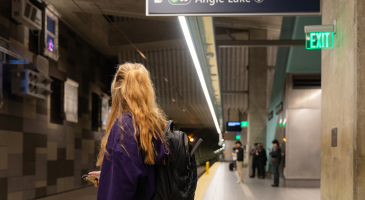

Loneliness has been increasing amongst young people globally, and researchers have been trying to understand why. A study led by researchers at the University of Washington School of Public Health, including UW Biostatistics faculty Kwun Chuen Gary Chan, looked at how youth’s answers to loneliness questions in an international survey have changed from 2000 to 2022.
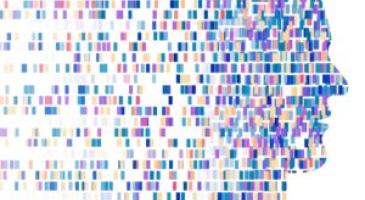
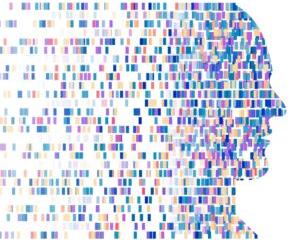
Sarah C. Nelson, PhD, a research scientist with the UW Biostatistics Genetics Analysis Center, is co-principal investigator for a group UW researchers examining the ethical and social implications of using legacy datasets in population health research.
“Compared to contemporary data collections, it’s surprising that a sample of around 1,000 individuals assembled decades ago to primarily study population genetics has become such a gold standard for representing genetic diversity across much of biomedical research,” said Nelson.
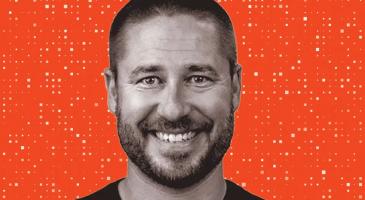
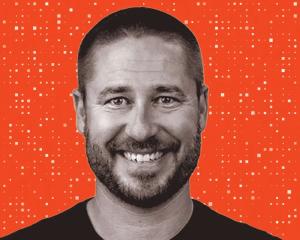
Through the Cancer AI Alliance (CAIA), Jeff Leek (MS '07, PhD '09) and his team are seeking to enable AI-supported discovery of cancer treatments. “The goal is to 10x the speed with which a researcher can come up with an idea and have it executed,” says Leek, chief data officer at Fred Hutch Cancer Center.
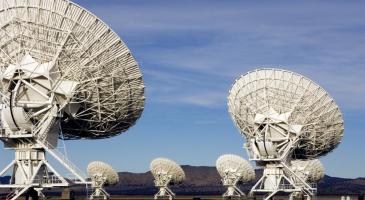
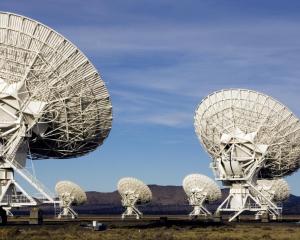
In a rare display of unity, thousands of America’s most accomplished scientists have joined forces to warn Congress that proposed FY26 budget cuts would do lasting damage to the nation’s economy, health, and global standing. Elizabeth Halloran, a member of the National Academy of Medicine and professor emeritus of biostatistics at Fred Hutchison Cancer Center and the University of Washington, is quoted.
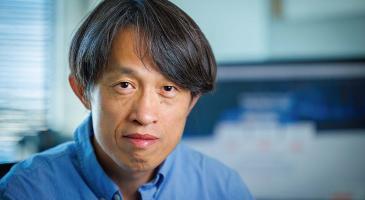

The Molecular Phenotypes of Null Alleles in Cells (MorPhiC) project wants to find the function of every protein-coding gene in the human genome by discovering what happens or doesn’t happen in a cell when that gene is turned off using cell culture models that mimic the function of real tissues and organs. Morphic data analysis center co-lead and UW faculty affiliate Wei Sun is interviewed. Fellow co-leads include Ali Shojaie, interim chair and professor for UW biostatistics, and Fred Hutch researcher and UW faculty affiliate Li Hsu.